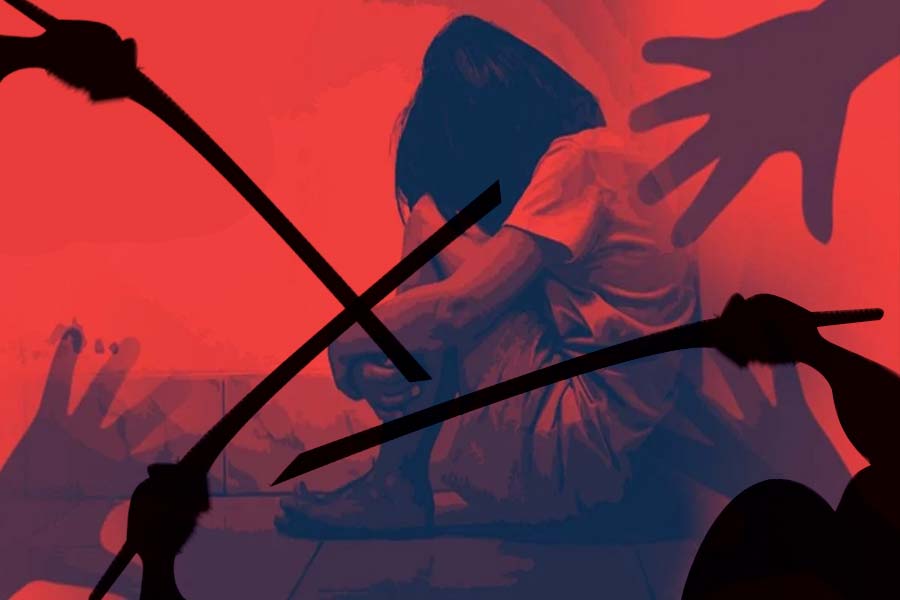Justice is delayed for child victims of sexual abuse, with a huge number of Pocso cases pending in fast-track special courts (FTSCs) across the country, including Jharkhand.
India has 2,43,237 cases under the Protection of Children from Sexual Offences (Pocso) Act pending in its FTSCs till January 31. Even if no new case is added to this long list, the country will still need at least nine years to clear this backlog.
Jharkhand will take approximately 10 years to clear the pending Pocso cases.
This data was made public in "Justice Awaits: An Analysis of the Efficacy of Justice Delivery Mechanisms in Cases of Child Sexual Abuse in India", a research paper released by the India Child Protection Fund (ICPF) through its partner organisation in Jharkhand and other parts of the country on Saturday.
The ICPF partners with law enforcement agencies across various states to combat online child sexual exploitation and abuse.
In 2022, the number of cases that resulted in conviction stood at a meagre 3 per cent nationally.
“The findings of the paper cast a huge question mark on the efficacy of the country’s judicial system, despite the central government’s 2019 landmark decision to set up FTSCs to provide justice to child sexual abuse victims and despite the government pumping in crores every year to ensure justice for every child,” said ICPF founder Bhuwan Ribhu.
The research paper states that sexually abused children will have to wait till 2033 for justice in Jharkhand as the number of cases pending in Pocso courts as of January 2023 is 4,408.
The paper states that given the present scenario, Delhi will take 27 years, Bihar 26, Bengal 25, and Meghalaya 21 years to clear the backlog.
The study highlights that each FTSC in the country on average disposes of just 28 cases per year, which means the expenditure in one conviction is around Rs 9 lakh.
“Each FTSC was expected to dispose of 41-42 cases in a quarter and at least 165 in a year. The data suggests that FTSCs are unable to achieve the set targets even after three years of the launch of the scheme,” the paper said.
Citing the Supreme Court’s judgment, the report further said that child marriage is child rape and according to Census 2011, a staggering 4,442 minor girls were married every day, which means three children were pushed into child marriage every minute. However, only three child marriages are reported every day, according to the latest National Crime Records Bureau.
"The spirit of law needs to be translated into justice for every child. To protect all the children, it is imperative to ensure the protection of children and their families, access to rehabilitation and compensation, and time-bound legal process, including trial in the lower courts and subsequent appeals in the high courts and the Supreme Court,” Ribhu said.
To clear the piling backlog as well as ensure the victims get justice in a timely and child-friendly manner, the research paper has put forth a few recommendations.
Firstly, all FTSCs should be operational and there should be a robust framework for output-based monitoring of their functioning. Besides, the entire FTSC staff, from police personnel to the judges, should be exclusively attached to these courts so that they can take up these cases on a priority basis. The research paper further recommends setting up more FTSCs to clear the backlog of cases. Moreover, the FTSCs’ dashboard should be in the public domain for transparency.











